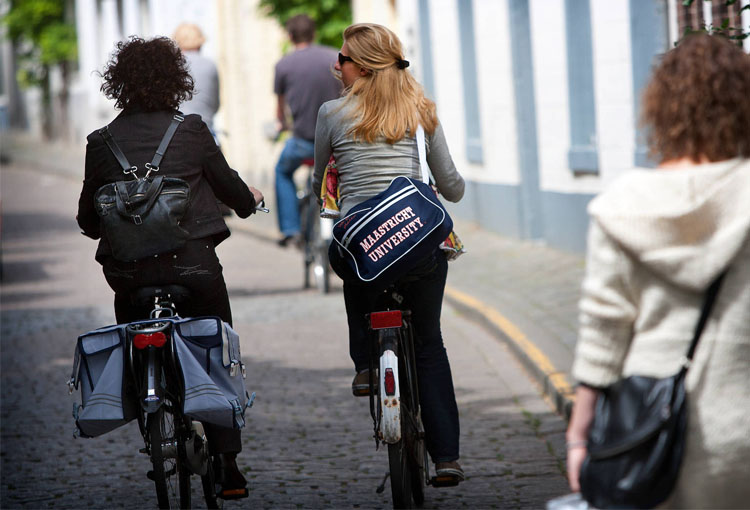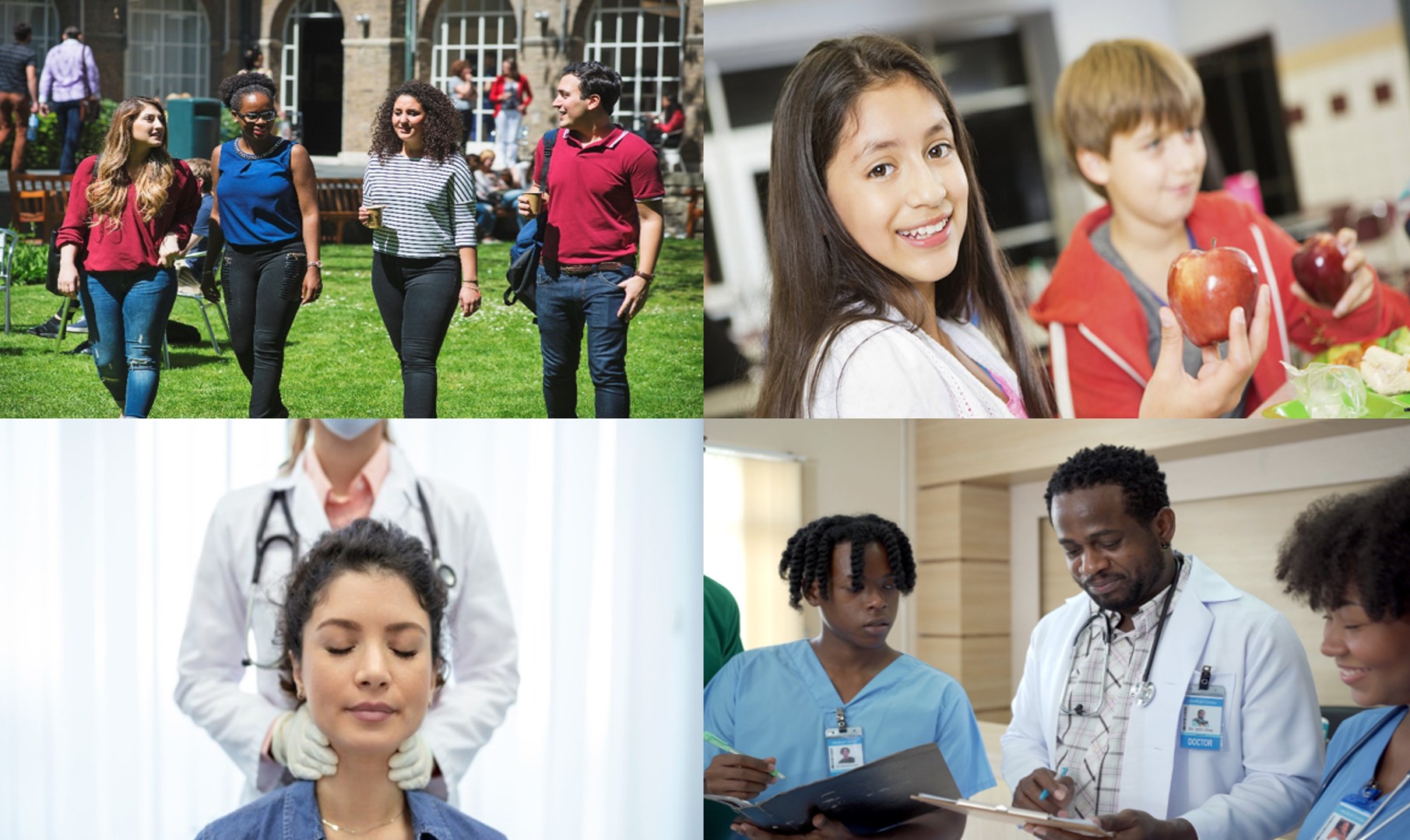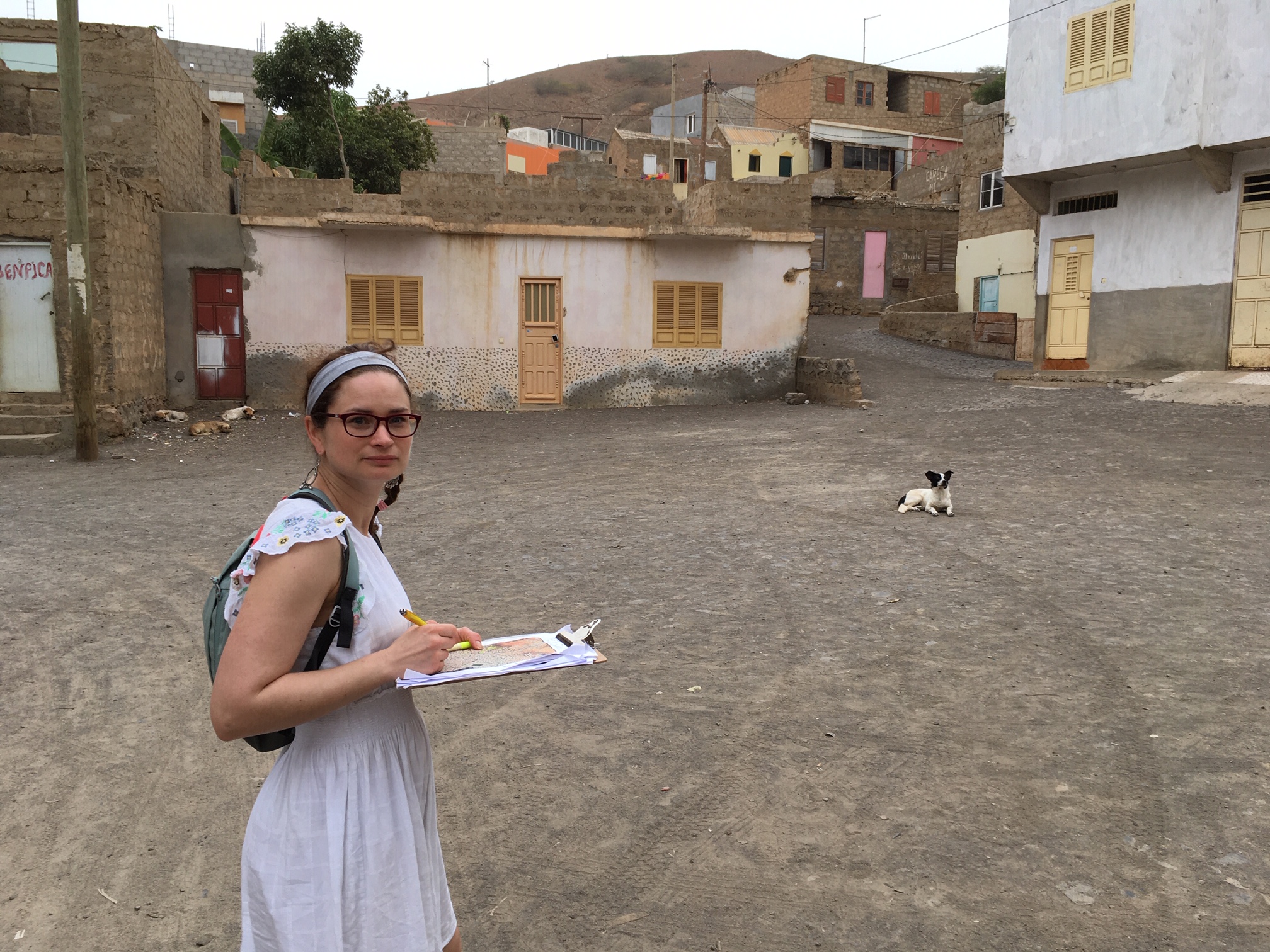News
-
People who are customers of a bicycle rental company are more likely to go by bike instead of public transport, car or on foot. This is according to recent research by scientists at Maastricht University.
-
The aim of the Science Communication Incubator is to foster and support a group of researchers that bring science communication skills and knowledge into their teams.
-
Anne van den Bulck and Arianne Elissen conducted a Delphi-study among stakeholders to identify important impact indicators for assessing the effects of concentration on patients, professionals, organizations, and regions.
-
Research into the development of heart failure cannot yet be done without animal testing. Thanks to improved techniques, half as many animals are now needed to study the metabolism of heart cells in the development of heart failure.
-
Computers are already capable of making independent decisions in familiar situations. But can they also apply knowledge to new facts? Mark Winands, the new professor of Machine Reasoning at the Department of Advanced Computing Sciences, develops computer programs that behave as rational agents.
-
In 2022 Mundo implemented a project in which nine members of staff of Amodefa and Lambda, two Mozambican NGOs active in the field of sexual health and reproductive rights were trained in intervention mapping. Their staff were trained by Prof. Rob Ruiter and Prof. Kai Jonas, both of the Faculty of...
-
The University of Maastricht (UM) and the Massachusetts Institute of Technology (MIT) Center for Real Estate have partnered to offer the pioneering Global Leaders Program in Real Estate.
-
Jessica Hagen-Zanker works for ODI, an international, independent think tank that conducts research and advises governments and NGOs on global issues such as migration. The Maastricht-trained senior research fellow notes that politicians tend to shy away from humane and practical solutions....
-
Integrity is of great importance for the quality and credibility of scientific research. All staff and students should deal responsibly with ethical or social issues threatening scientific integrity. But what if you make a mistake, or suspect others to violate scientific integrity consciously or...









